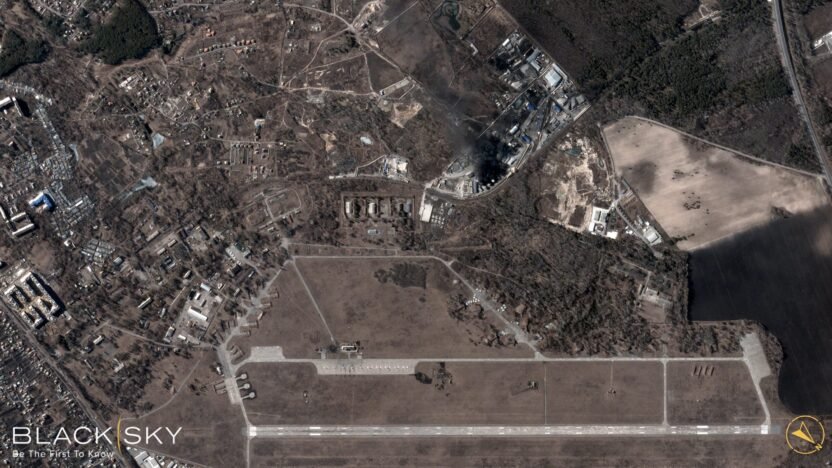Krakow — The European Commission on Oct. 28 proposed that EU member states approve talks with Ukraine on its participation in its government satellite communication program, known as GOVSATCOM.
The European Union’s GOVSATCOM platform is designed to provide secure satellite communication capabilities by pooling and sharing existing satellite resources from member states and accredited private operators. The system allows access to capacities provided either by EU countries that own governmental satellite assets, such as France, Italy, Spain and Luxembourg, among others, or by private European satellite operators.
The new initiative aims to ensure that Ukraine can access fast, reliable and secure satellite communications from member states’ facilities to support its defense and resilience against Russia.
“By deepening our cooperation with Ukraine, we strengthen our shared security and our ability to act in a rapidly changing world.” Henna Virkkunen, executive vice president for tech sovereignty, security and democracy, said during the European Commission meeting.
The proposal is meant to deepen a partnership between the EU and Ukraine, which is not a member state, and to promote stability across the continent.
“This is a decisive step toward a stronger, more united Europe that can protect its citizens on the ground and in space,” Andrius Kubilius, the commissioner for defence and space, said during the meeting.
During its current implementation phase, EU GOVSATCOM relies on existing national and commercial satellite systems. If this capacity proves insufficient to meet growing demand, a second phase may involve developing new space infrastructure or capabilities through one or more public–private partnerships beyond 2025.
Procedural and security challenges
For Ukraine to gain operational access to GOVSATCOM and eventually to IRIS², the EU’s upcoming multi-orbit communications constellation, a series of institutional and procedural steps are required. Ukraine must first submit a formal request for EU support, which in turn will assess specific capacity needs in Ukraine and the wider Black Sea region.
Furthermore, Ukraine’s access to GOVSATCOM will require a formal international agreement, the acquisition of both governmental and commercial communication resources from European providers and, critically, security accreditation of the GOVSATCOM Hub by the Security Accreditation Board of the EU Space Programme.
This last requirement could pose an obstacle. The GOVSATCOM Hub, a secure European system connecting users to various national and commercial networks, is not yet fully operational, and to become operational it must be accredited. The current regulatory framework, however, operates on the assumption that only EU member states will use the hub. Therefore, if the participating countries agree to grant Ukraine access to GOVSATCOM, that framework might need to be redefined.
Budgetary questions also remain. GOVSATCOM is not a constellation but a shared service architecture that allows participating countries to use each other’s satellite capacities. Member states will have to determine how Ukraine’s access will be funded, including whether costs will be shared or directly covered by EU or national budgets. No financial details or timelines have been disclosed thus far.




